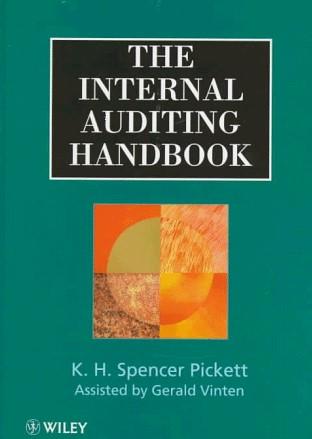Question
Unicorn Ltd. manufactures a battery-powered kitchen appliance. All goods are sold in the year of production. Sales have been stable at 1,000,000 units per annum
Unicorn Ltd. manufactures a battery-powered kitchen appliance. All goods are sold in the year of production. Sales have been stable at 1,000,000 units per annum in recent years, but the high cost to consumers of disposing of used batteries is expected to adversely affect demand from 2006 onwards. The following forecast of sales is
provided:
In the current year (2005), the selling price of the appliance is $20 per unit and the standard production cost is $14 per unit. This standard production cost is made up of direct materials $8 (a wholly variable cost) and conversion cost $6 (two-thirds of which is an allocation of fixed costs, with the remainder being variable in proportion to production volume). Non-production overheads for the year 2005 are estimated as follows:
Administration costs for the year are $1,600,000 (four-fifths of which is an allocation of fixed costs, with the remainder being variable in proportion to production volume). Distribution costs are estimated at $800,000 (three-fifths of which is an allocation of fixed costs, with the remainder being variable in proportion to sales volume).
The selling price, annual fixed costs and per-unit variable costs are not expected to change in future years.
Using the above information the management accountant prepared forecasts of the profits from the appliance for each of the years 2006 to 2008 inclusive and presented them to the board of directors. The directors were unhappy with the anticipated profits and decided to identify a number of strategic options for improving the anticipated results:
Strategy 1: A special advertising campaign costing $750,000 in each of the years 2006 to 2008 inclusive. This would be expected to maintain demand at its current level (1,000,000 units per annum) up to the end of this three-year period.
Strategy 2: Incur once-off redesign costs of $1,800,000 so as to extend the life of the batteries which power the appliance. This redesign would have no effect on the anticipated number of units sold but would enable the selling price of the appliance to be increased to $21. The 1,800,000 redesign costs would be amortised in equal annual installments from 2006 to 2008 inclusive.
Strategy 3: A strategic cost management program. This would involve increasing annual fixed costs by $290,000 in each of the years 2006 to 2008 inclusive while reducing all per-unit variable costs by 5%.
REQUIRED
(a) Prepare a forecast of profits for each of the years 2006 to 2008 inclusive, assuming that none of the three strategies is implemented.
Step by Step Solution
There are 3 Steps involved in it
Step: 1

Get Instant Access to Expert-Tailored Solutions
See step-by-step solutions with expert insights and AI powered tools for academic success
Step: 2

Step: 3

Ace Your Homework with AI
Get the answers you need in no time with our AI-driven, step-by-step assistance
Get Started


